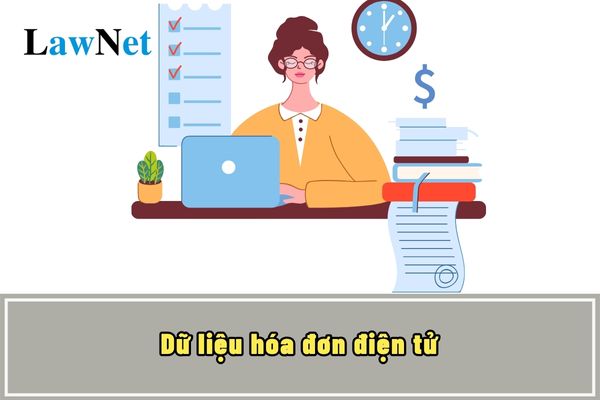What requirements must a service provider meet when directly transmitting data to tax authorities in Vietnam?
What requirements must a service provider meet when directly transmitting data to tax authorities in Vietnam?
Pursuant to the provisions of Article 12 of Decree 123/2020/ND-CP regarding the format of e-invoices, as follows:
e-invoice Format
1. The e-invoice format is a technical standard that specifies the data type and data length of information fields used for the transmission, retention, and display of e-invoices. The e-invoice format uses the XML format (XML stands for "eXtensible Markup Language" created for the purpose of sharing electronic data between IT systems).
2. The e-invoice format consists of two components: a component containing the business data of the e-invoice and a component containing digital signature data. For e-invoices with a tax authority code, there is an additional component containing data related to the tax authority code.
3. The General Department of Taxation develops and publishes the component containing business data of e-invoices, the component containing digital signature data, and provides tools to display the contents of e-invoices as per the regulations of this Decree.
4. Organizations and enterprises selling goods or providing services when transferring e-invoice data to the tax authorities by direct submission must meet the following requirements:
a) Connect with the General Department of Taxation through a leased line or MPLS VPN Layer 3 channel, including 1 primary transmission channel and 1 backup transmission channel. Each channel must have a minimum bandwidth of 5 Mbps.
b) Use Web Service or Message Queue (MQ) with encryption as a method for connection.
c) Use the SOAP protocol for packaging and transmitting data.
5. e-invoices must be fully and accurately displayed, ensuring no misunderstanding occurs, enabling the buyer to read them using electronic means.
Therefore, in accordance with the above regulations, a service provider directly transmitting data to tax authorities must meet the following three requirements:
requirement 1: Connect with the General Department of Taxation through a leased line or MPLS VPN Layer 3 channel, including 1 primary transmission channel and 1 backup transmission channel. Each channel must have a minimum bandwidth of 5 Mbps.
requirement 2: Use Web Service or Message Queue (MQ) with encryption as a method for connection.
requirement 3: Use the SOAP protocol for packaging and transmitting data.

What requirements must a service provider meet when directly transmitting data to tax authorities in Vietnam? (Image from the Internet)
What principles must a service provider meet when using e-invoices generated from POS cash registers in Vietnam?
Pursuant to Article 11 of Decree 123/2020/ND-CP, the service provider using invoices generated from POS cash registers must ensure the following three principles:
[1] Ability to identify invoices printed from POS cash registers that connect to transfer electronic data to the tax authority;
[2] Not required to have a digital signature;
[3] The expense for purchasing goods and services using invoices (or invoice copies or checking information from the General Department of Taxation's electronic portal regarding invoices) generated from POS cash registers is determined to be a legitimate expense with sufficient invoices and records when determining tax obligations.
Shall the method of storage of e-invoices be selected?
Pursuant to Article 6 of Decree 123/2020/ND-CP, the regulation is as follows:
Storage and retention of Invoices and records
1. Invoices and records must be preserved, retained to ensure:
a) Safety, confidentiality, integrity, completeness, and no alteration or distortion during the retention period;
b) retention according to the correct and sufficient time period prescribed by accounting law.
2. e-invoices and electronic records are preserved and retained by electronic means. Organizations, individuals, and entities have the right to select and apply a method of storage and retention of e-invoices*, electronic records compatible with the particularities of operations and the ability to apply technology. e-invoices and records must be readily printable on paper or retrievable upon request.*
3. Invoices, records printed by the tax authority, custom-printed records, self-printed records must be preserved and retained correctly as follows:
a) Unissued invoices and records must be retained and preserved in warehouses according to record retention and storage policies with value;
b) Invoices and records issued within accounting units are preserved and retained according to regulations on accounting record retention and storage;
c) Invoices and records issued within entities, households, individuals not accounting units are preserved and retained as their personal assets.
Therefore, in accordance with the above regulations, organizations, individuals, and entities have the right to choose and apply a method of storage and retention of e-invoices.

